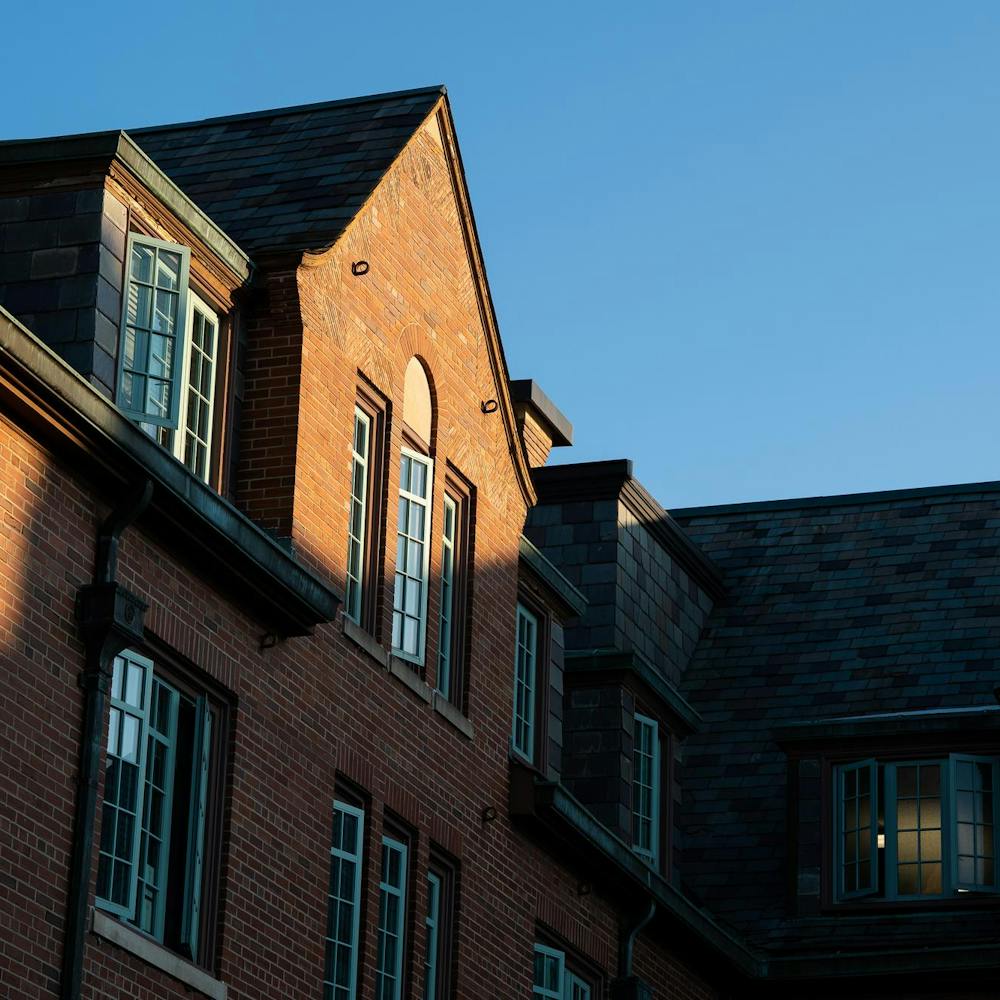Abortion has long been a hot-button issue in America, and a possible solution might be in Japan.
The Asian Studies Center and the Center for Ethics and Humanities in the Life Sciences hosted a lecture called Abortion, Reproductive Technologies and Feminist Bioethics in Japan, on Tuesday. Miho Ogino, a professor from Doshisha University in Kyoto, Japan, discussed Japan’s experience with legal abortions.
The presentation is part of the Bioethics East-West: Cross-Cultural Conversations at the Edges of Life lecture series.
“American people tend to think about abortion in a very yes or no way,” Ogino said. “I want them to know there are more subtle ways to think about it.”
The presentation covered the history of abortion rights in Japan, as well as the current views about modern procedures such as artificial insemination.
“It’s a much bigger issue here than in Japan,” said Ann Mongoven, an assistant professor of philosophy with the Center for Ethics and Humanities in the Life Sciences.
“I think in the U.S. the legal status of abortion is still highly contested and that’s not the case in Japan.”
Ogino said getting an abortion is easier in Japan. Protesters are less visible and Japan’s two main religions consider abortion to be a necessary evil.
But although there is less anti-abortion pressure, Japanese feminists have not been enthusiastic about utilizing new technologies, something Ogino said is rooted in Japan’s history.
The Japanese government legalized abortion in the post-World War II era to counteract the high number of births. The idea a woman should have an abortion because she did not want a baby was not accepted, Ogino said.
Today, newer technologies, such as prenatal screening, have been used to identify fetuses with disabilities, which women are encouraged to abort.
“An abortion conducted for the reason that a woman is not ready to become a mother and an abortion because a characteristic of a fetus is undesirable are two different abortions,” Ogino said.
Although the historical background is different, Mongoven said she believes having the view of different countries will help Americans become more informed with their decisions.
“Our assumption that some of these challenging issues about how we come into and go out of life are not viewed in the same backdrop in different places of the world,” Mongoven said. “If we learn more about how other countries construe the issues we can learn more about the issues and what types of responses are important.”
Anthropology freshman Dannielle Lyttle found the presentation informative as it offered a different perspective on abortion rights.
“I think it’s an interesting way to look at it when they see it’s the womens’ choice and it’s her responsibility whether or not she wants to have the child or not,” she said.
Mongoven also felt the presentation offered plenty to think about.
“She left us with a big challenge,” Mongoven said. “Are choices as free as we think they are?”
The next lecture in the series, called Intergenerational Support to Widowed Elderly in Contemporary China, will be held March 30 by Zhenmei Zhang, an MSU sociology professor.
Support student media!
Please consider donating to The State News and help fund the future of journalism.
Discussion
Share and discuss “MSU lecture discusses abortion” on social media.






